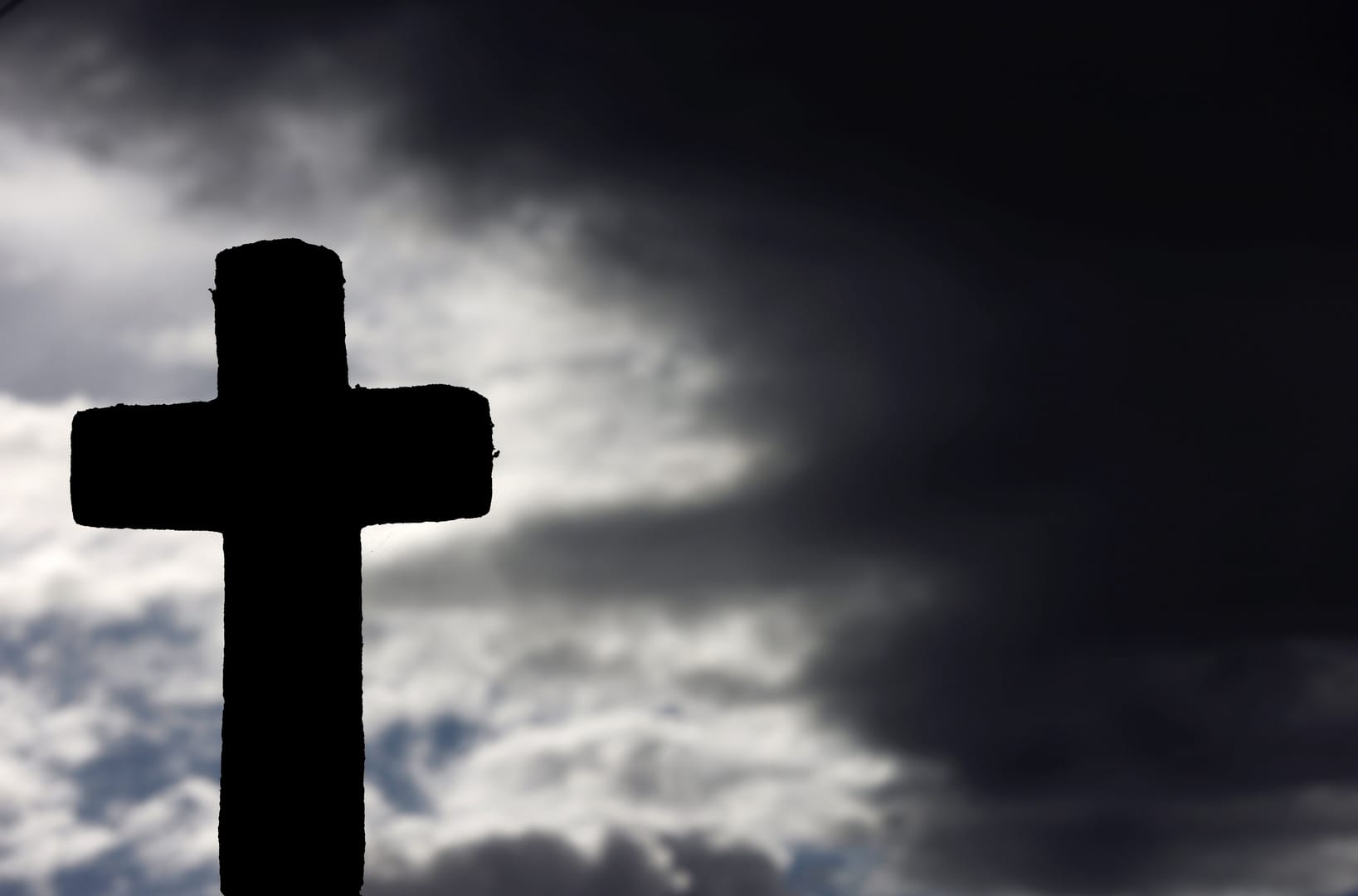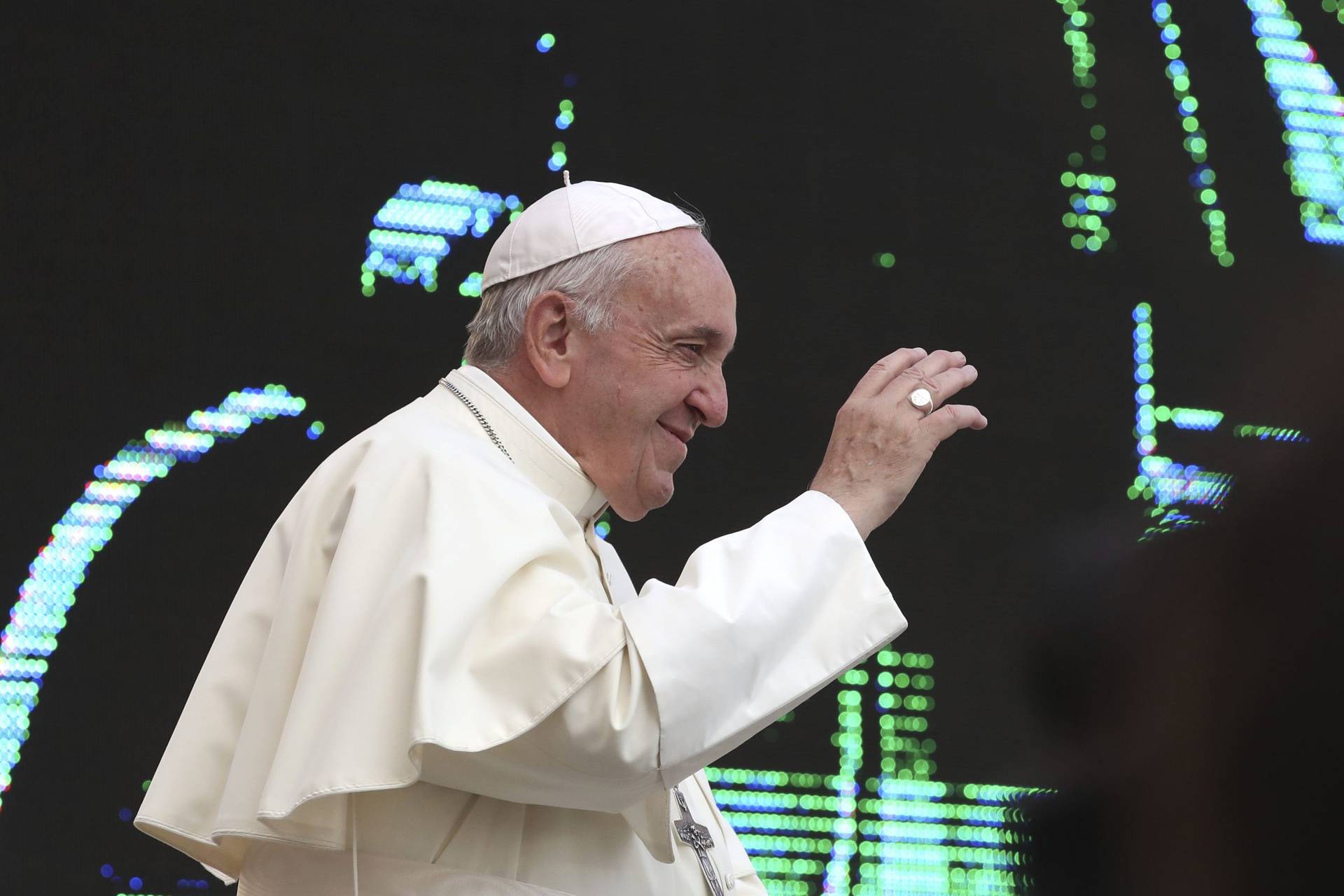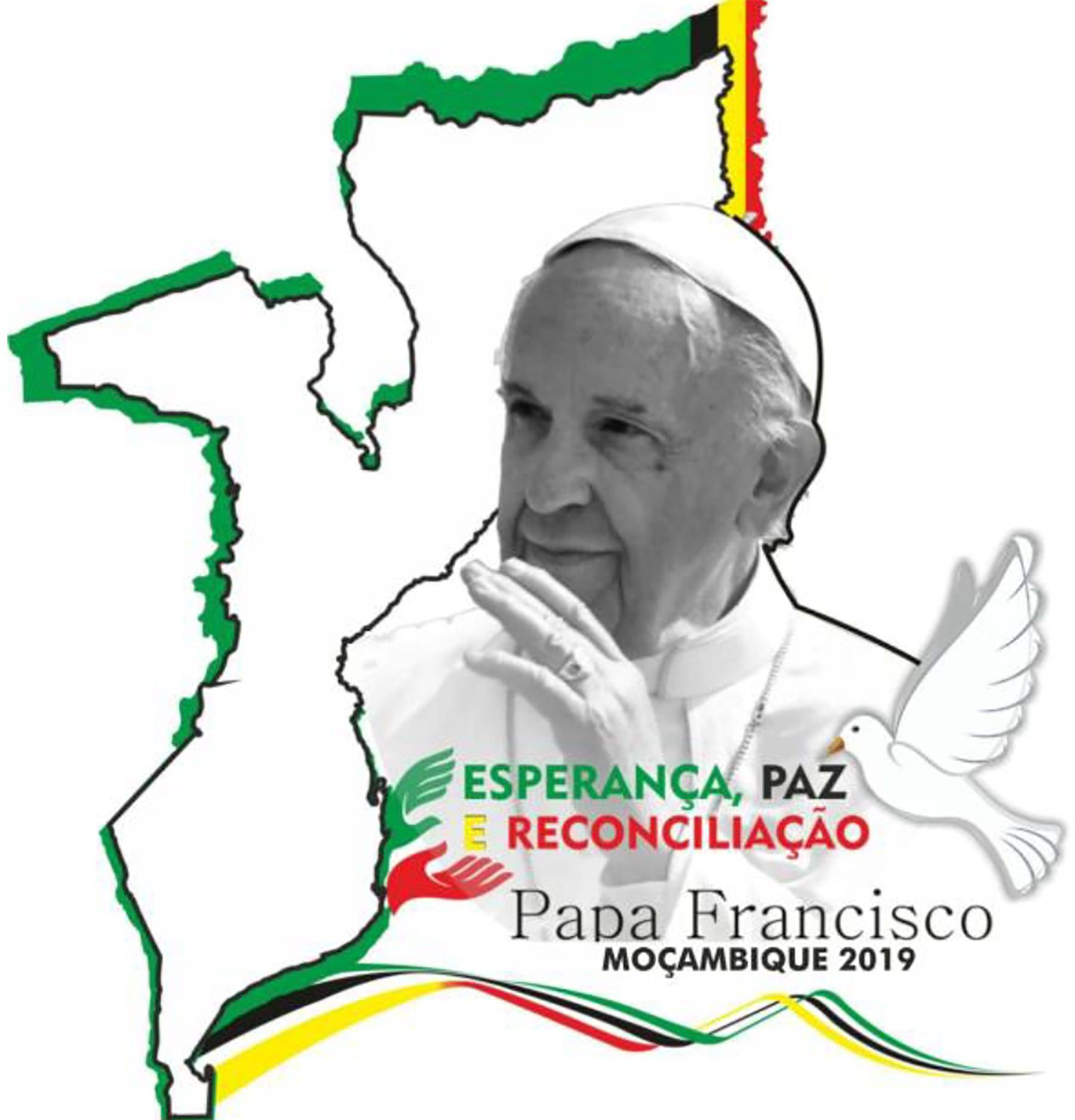NEW YORK – One of the iconic lines from “Casablanca” comes when Humphrey Bogart tells Ingrid Bergman, “We’ll always have Paris.” Speaking to the United Nations on Friday, Pope Francis effectively served up a negative version of that sentiment, insisting that we won’t always have Paris.
Paris, in this case, is a reference to a looming UN summit on climate change set to run from Nov. 30 to Dec. 11, known in shorthand as Cop21 because it’s the 21st yearly session of the “Conference of the Parties” to a 1992 UN framework convention on climate change.
It’s been clear for some time that Francis sees the Paris summit as a critical turning point.
Speaking to reporters aboard the papal plane on the way from Sri Lanka to the Philippines last January, Francis endorsed the idea that climate change is man-made, saying that it’s mostly humanity that has “slapped nature around.” He then said he wanted his encyclical on the environment, Laudato Si’, to appear over the summer so that it could influence the Paris summit.
Specifically, Francis said he hoped the document would encourage the nations represented in Paris to adopt “more courageous choices,” clearly implying that the choices made on global warming and climate change so far haven’t been especially bold.
Since that time, Francis has stressed the importance of the Paris meeting several times, most recently in a Sept. 16 audience with environmental ministers from European Union nations.
“The COP 21 summit is fast approaching, and there is still a long way to go to achieve a result that is capable of bringing together the many positive stimuli that have been offered as a contribution to this important process,” Francis said on that occasion.
“I strongly encourage you to intensify your work, along with that of your colleagues, so that in Paris the desired result is achieved,” he said.
Given that, it was no surprise that among the laundry list of issues Francis touched upon in his address to the General Assembly on Friday – human trafficking, war, the drug trade, terrorism, and so on – pride of place went to protection of the environment.
“We Christians, together with the other monotheistic religions, believe that the universe is the fruit of a loving decision by the Creator, who permits man respectfully to use creation for the good of his fellow men and for the glory of the Creator; he is not authorized to abuse it, much less to destroy it,” Francis said.
“In all religions, the environment is a fundamental good,” he said, actually insisting that there is a “right to the environment.”
(That’s been a theme of papal teaching since 1990, when John Paul II identified the “right to a safe environment” as something that ought to be included in an updated charter of human rights.)
Thus, it was no surprise to hear Francis invoke the Paris summit in speaking to the more than 150 heads of state gathered in the General Assembly hall on Friday, among the largest such gatherings of world leaders in history.
“I am similarly confident that the Paris Conference on Climatic Change will secure fundamental and effective agreements,” he said.
Two observations suggest themselves about the pontiff’s emphasis on Paris.
First, it’s unusual for a pope to put his credibility on the line, at least to some extent, by tying perceptions of the success or failure of their teaching to the outcome of a particular political summit.
Among the only real precedents for Francis’ tight focus on Paris was the way the Vatican mobilized under Pope John Paul II for two UN gatherings in the 1990s, one in Cairo in 1994 on population and another in Beijing in 1995 on women. In both cases, the concern was that access to abortion might be written into international law as a fundamental right, and the Vatican successfully led a coalition of states — including several Muslim nations — to resist it.
Francis obviously believes something sufficiently crucial with regard to what he calls “our common home” is at stake now that he’s putting the same energy into the Paris summit.
Second, sources told Crux that a small group of US lawmakers had a conversation with senior members of the pope’s entourage last night outside St. Patrick’s Cathedral, where Francis led a vespers service.
The key point those papal aides made to the lawmakers, according to a source who was privy to the details of the conversation, is that this is a special moment, a turning point, on many fronts. If it slips away, he believes, it won’t come again.
Francis apparently meant that across a wide range of issues, but certainly what he called the “ecological crisis” is part of the picture.
In other words, the pope believes the opportunity the Cop21 summit represents won’t always be around – or, to put it differently, we won’t always have Paris.
















